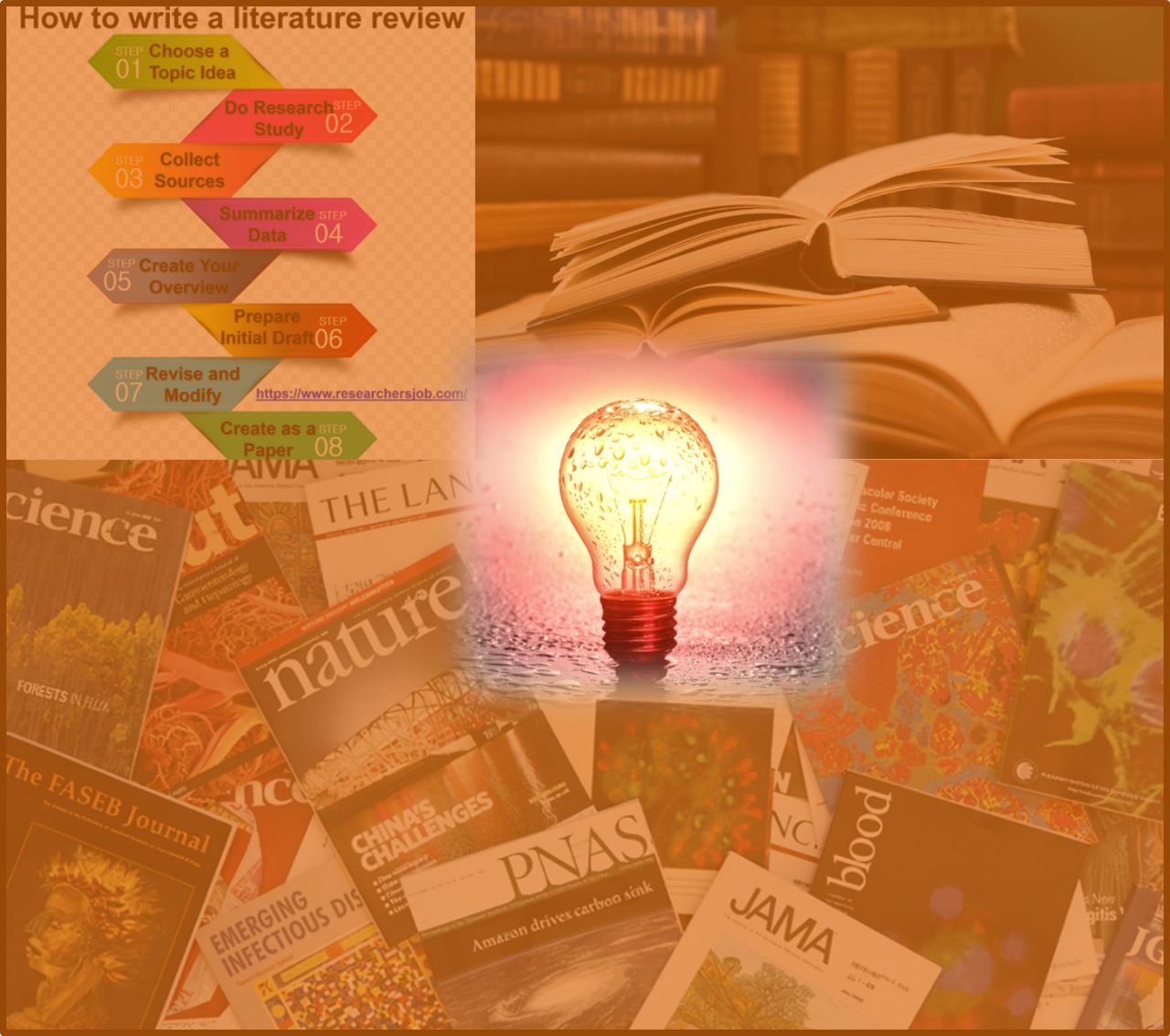The Effective Age of Second Language Acquisition: A Literature Review
Abstract
The presence of language suggests that the human mind can handle a bunch of codes in an exceptional manner, which is then transformed into a bunch of significance for communication. It is important for a person to initially get familiar with the language to have the option to utilize it really for correspondence purposes. The peculiarity of language obtaining has drawn in light of a legitimate concern for linguists to lead research in this field to decide the tremendous limit that human minds give on how language is procured, both first and second language. The capacity to get and comprehend language isn’t hereditarily acquired yet the specific language that children speak is given to them socially and naturally. The outcome in language procurement can be accomplished by zeroing in on the inside factors that additionally influence it, such as maturing in language capacity and the so-called critical period. This study employed Literature Review as the research method, in which this research endeavored to investigate a portion of the current examination articles on the Critical Period Hypothesis and the impact toward Second Language Acquisition (SLA). Moreover, the consequence of the investigation was subsequently proposed to distinguish how much the SLA is dependent upon the impact of a critical period.
Downloads

Copyright (c) 2022 B. C. F. Camerling, Patrick E. Tuasela

This work is licensed under a Creative Commons Attribution 4.0 International License.





